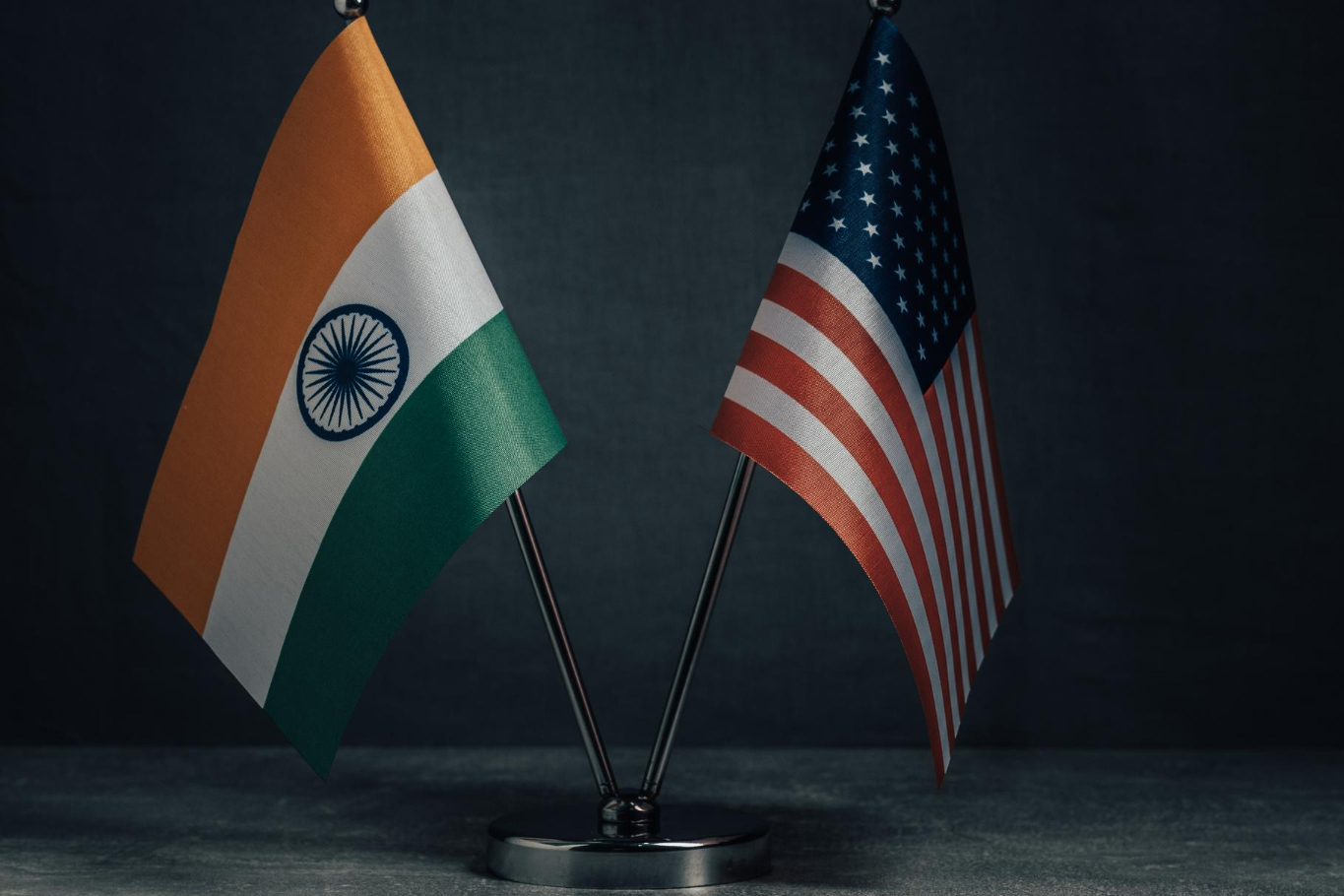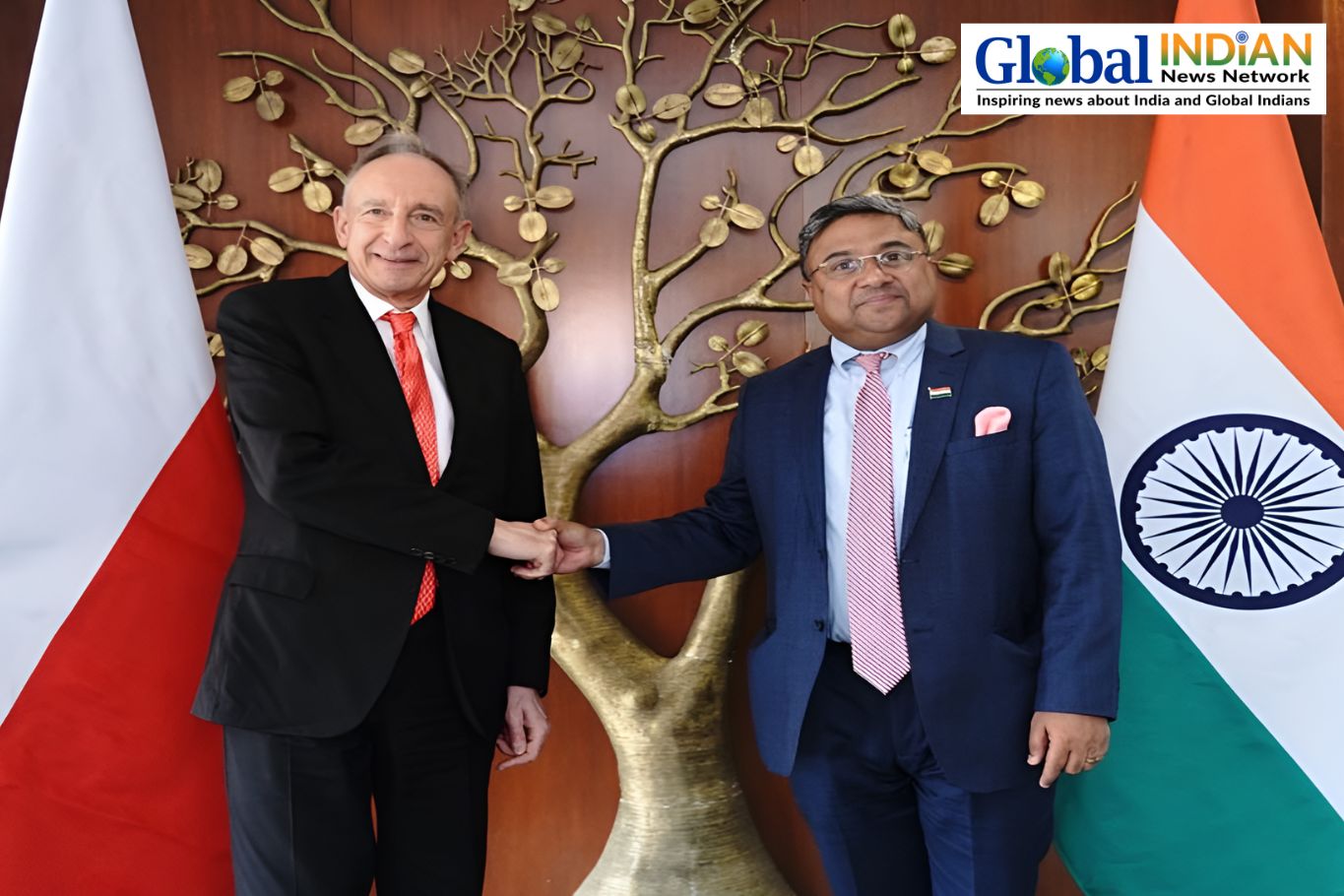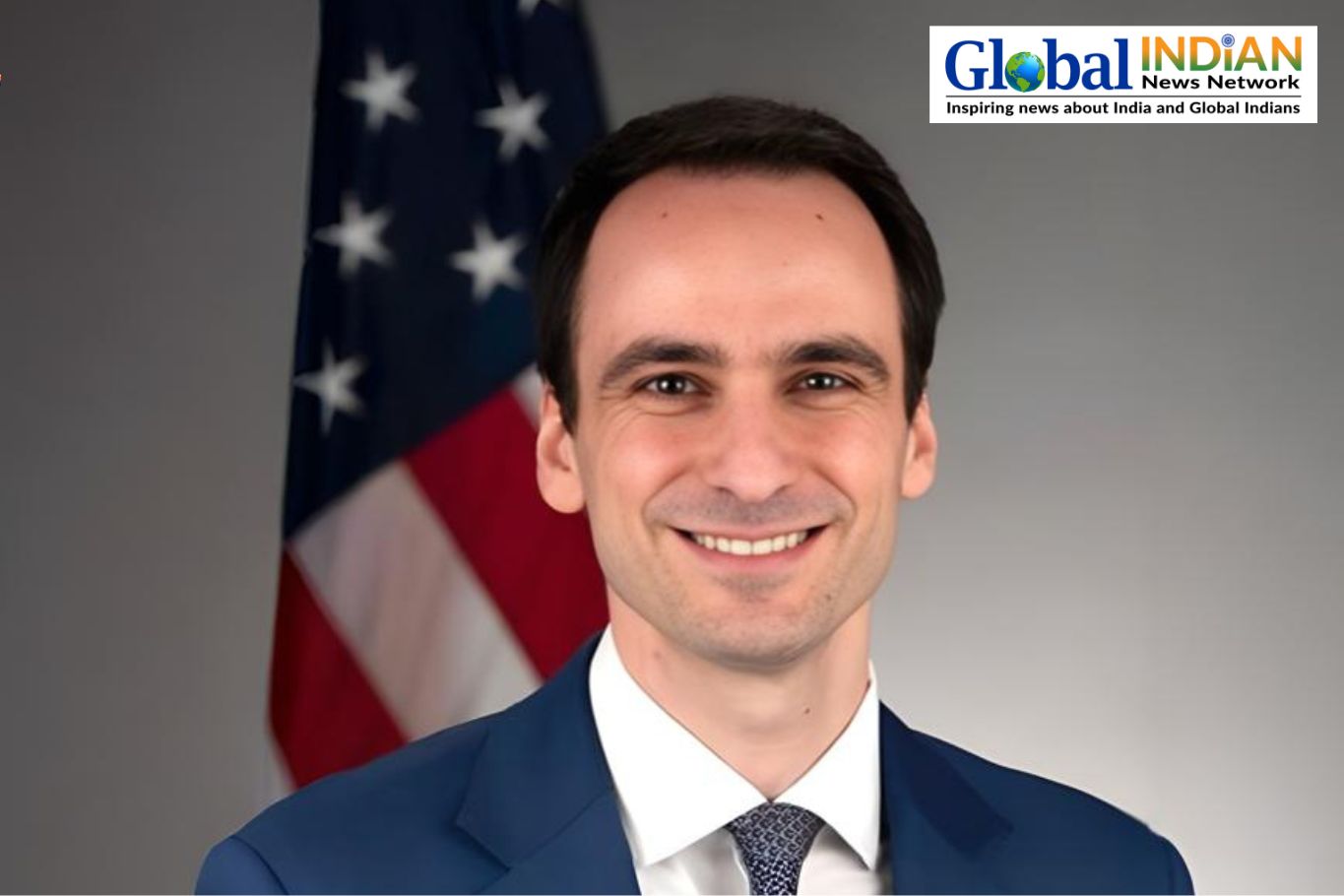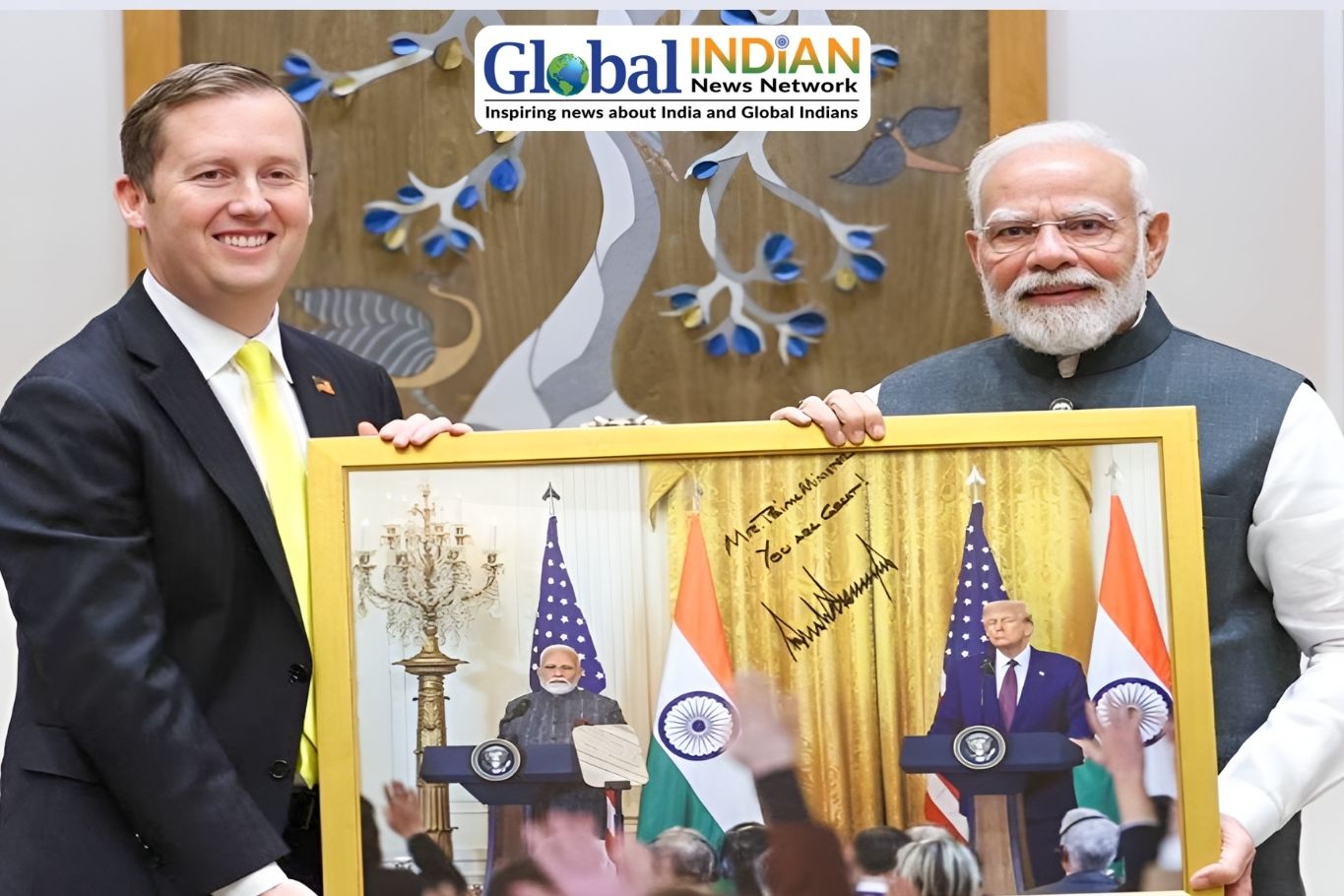
Despite facing challenges in finalizing a bilateral trade agreement (BTA) ahead of President Trump’s April 2 deadline for reciprocal tariffs, the US administration remains optimistic about a “golden age” in US-India relations. This optimism is conveyed through statements from high-ranking officials, including US Deputy Secretary of State Christopher Landau, who reached out to India’s Foreign Secretary Vikram Misri to discuss trade and other issues.
Although the negotiations between the two countries, led by Assistant U.S. Trade Representative Brendan Lynch, showed progress over several days of intense talks, they were unable to reach a final agreement. Trump, who previously criticized India’s high tariffs, reassured that a resolution would come soon, offering positive comments about Prime Minister Modi. Landau also expressed optimism, sharing fond memories of a trip to India a decade ago, calling the relationship a potential “golden age” for both countries.
Landau’s discussions with Misri covered various topics, including the US’s efforts to address illegal immigration from India. While India has agreed to take back undocumented immigrants, there are concerns about the methods used for deportation, as well as a call for more action against human trafficking rings.
The trade talks revealed significant movement, with India agreeing to reduce tariffs on over $23 billion worth of U.S. imports, including agricultural products, medical devices, and industrial goods. However, the talks are complicated by India’s reluctance to fully open its market on sensitive products like dairy, which is tightly regulated due to religious and domestic production considerations. While there have been some concessions, such as the import of U.S. almonds and apples, tensions remain over dairy and other key sectors.
The outcome of these talks will depend on continued virtual negotiations, which will determine whether India’s tariff reductions and other concessions are enough to secure an exception from Trump’s tariffs. The next 48 hours will be critical in shaping the future of US-India trade relations.











